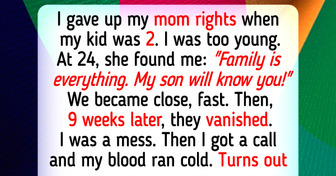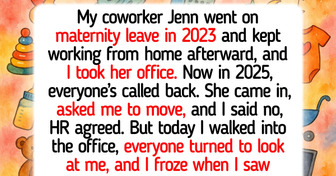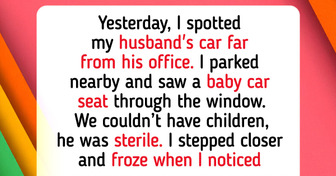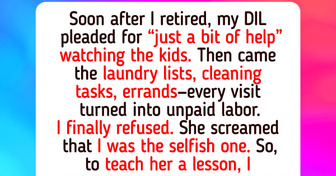15 Moments That Remind Us Quiet Kindness Builds What Life Breaks
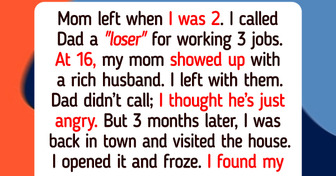
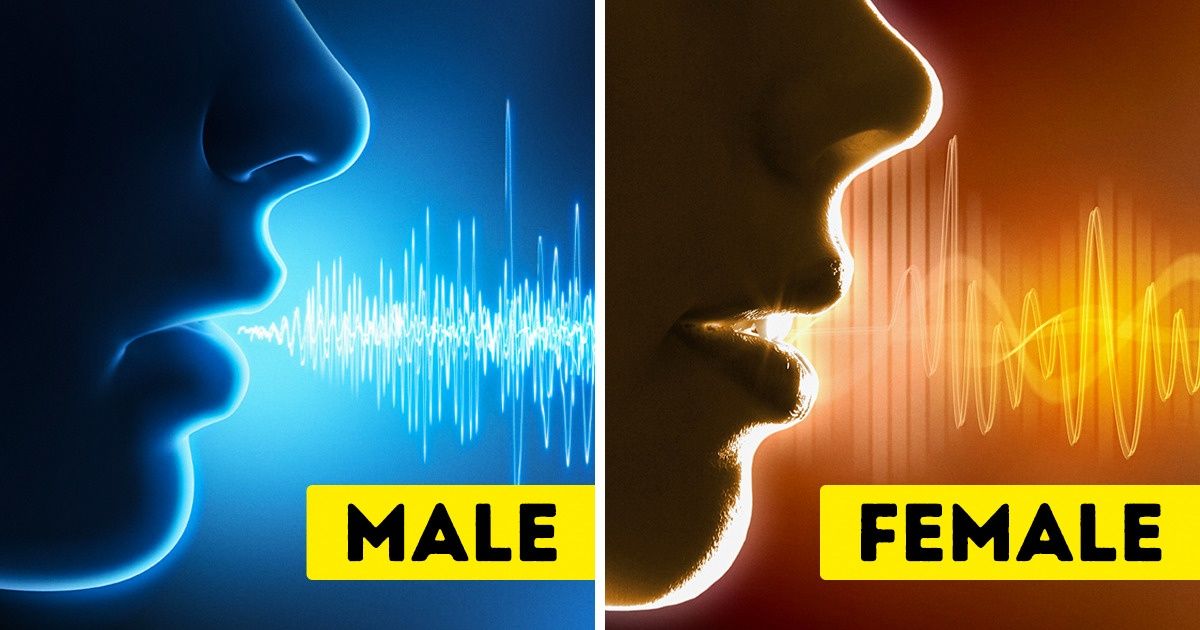
It’s hard to not notice that most voice assistants sound female. From a survey it was found that people simply prefer these voices because they sound neutral, aren’t distracting, and match the brand’s personality. But we believe there is more to this and we want to know exactly why we don’t hear a fun Canadian guy or sweet English boy replying when we are talking to our phones.
Bright Side found out what the real reason is behind the choice of female voices for voice assistants and we are happy to share this interesting piece of information with you.
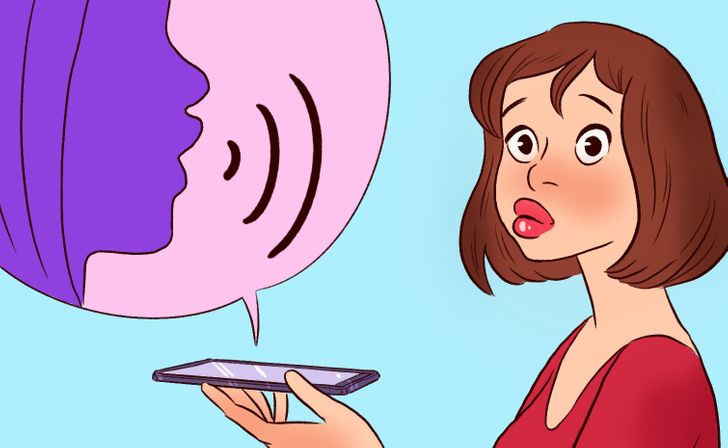
As a test for voice recognition systems, companies put together focus groups for both men and women and gave them different voices to listen to. Many people prefer the female voice in this test. Female voices are perceived as more helpful and give people the feeling that they can solve their problems by themselves. Male voices sound more authoritative and give answers to problems. In the end we want technology to help us, but we also want to be the boss of it.
A Stanford professor said that it’s much easier to find a female voice that everyone likes, than a male voice that everyone likes. This is simply because the human brain is developed to like female voices.

To reach true gender diversity in a voice assistant system, many companies have already started to introduce other options. One example is Q, which is a voice recorded from people who don’t identify themselves as either male or female. Other companies have tried launching a voice assistant with both a male voice and a female voice. But there was a technical reason why it couldn’t — because the systems were trained on female data, they typically performed better with female voices.
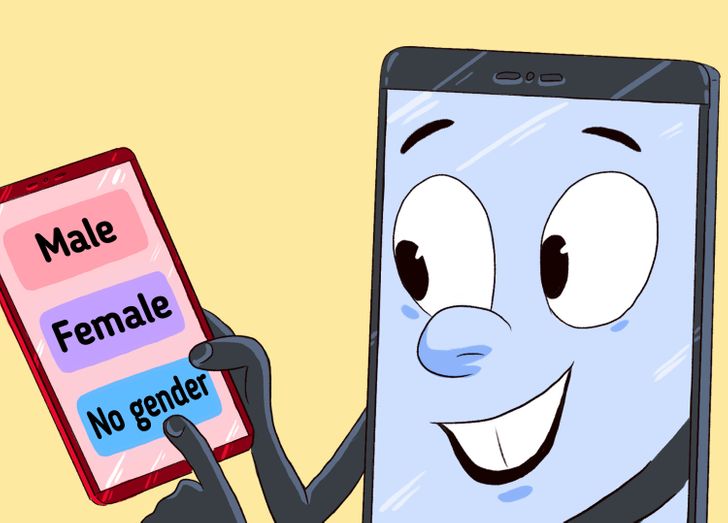
Ask Siri if she is a woman, and you will hear her say that she is genderless. But still, because of the female voice, we also tend to assign female pronouns to them. There are many that warn us about the social consequences of introducing this voice, specifically in assistant applications. Their main message is that it is important to challenge stereotypical gender roles like these.
What kind of voice would you prefer for a voice assistant? Do you know any technology that uses non-female voices?



